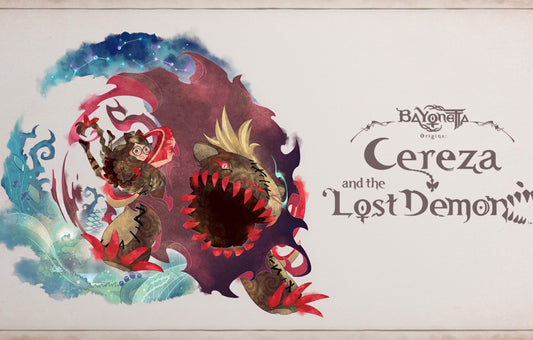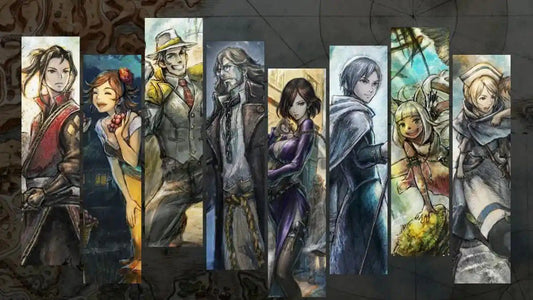In recent years, the world of video games has seen a significant rise in popularity of independent or "indie" games. These games are often created by small teams or even individuals and can range from simple puzzle games to more complex and immersive experiences. Indie games have become a staple of the gaming industry and have even started to compete with the big-budget titles of major game developers. In this blog post, we will take a closer look at indie games and explore why they matter.
One of the most significant advantages of indie games is that they often provide unique and innovative experiences that may not be found in traditional big-budget games. Independent developers have more freedom to experiment with different game mechanics, storytelling techniques, and art styles without the pressure of meeting investor expectations or producing a certain amount of revenue. As a result, indie games can offer players a refreshing and exciting break from the formulaic nature of many mainstream games.
Indie games can also be more accessible than traditional games. Many indie games are available on a variety of platforms, including mobile devices, which makes them more accessible to a wider audience. In addition, indie games often have lower price points than traditional games, making them more affordable for players who may not be able to purchase larger, more expensive titles. This accessibility means that indie games can reach a broader audience and provide more people with the opportunity to experience the unique and innovative games they offer.
Another advantage of indie games is that they often showcase diverse and underrepresented voices. Independent developers have the freedom to create games that reflect their own experiences, perspectives, and cultures, which can provide a more diverse and inclusive gaming landscape. Indie games can also tackle important social issues and spark important conversations that may not be addressed in traditional games. By giving a platform to these underrepresented voices, indie games can make the gaming industry more inclusive and welcoming to all players.
Finally, indie games can have a significant impact on the gaming industry as a whole. By pushing the boundaries of game design and storytelling, indie games can inspire larger game developers to innovate and experiment in their own games. Many popular game mechanics and storytelling techniques seen in major games today started as innovations in indie games. By supporting indie developers and their games, players can help to shape the future of the gaming industry.
The following are five examples of indie games that shook up the industry:
"Undertale" - A role-playing game developed by Toby Fox that subverts traditional RPG tropes and allows players to make choices that have real consequences on the game's story and characters.
"Hollow Knight" - A Metroidvania-style game developed by Team Cherry that features beautiful hand-drawn art, challenging gameplay, and a rich and mysterious world to explore.
"Celeste" - A platformer developed by Maddy Makes Games that focuses on mental health and self-discovery through its challenging and rewarding gameplay and storytelling.
"Stardew Valley" - A farming simulation game developed by ConcernedApe that offers a relaxing and immersive experience where players can build and manage their own farm while building relationships with the game's quirky cast of characters.
"Firewatch" - A first-person narrative game developed by Campo Santo that tells the story of a fire lookout in the Wyoming wilderness who must investigate mysterious occurrences in the park while dealing with personal issues and relationships.
Indie games are an essential and valuable part of the gaming industry. They provide unique and innovative experiences, are more accessible, showcase diverse and underrepresented voices, and can have a significant impact on the gaming industry as a whole. By supporting indie games and their developers, players can help to shape a more diverse, inclusive, and exciting gaming landscape.





